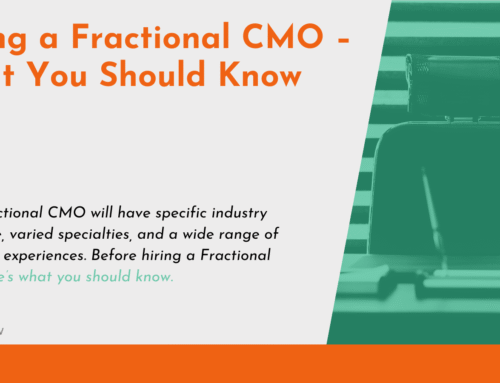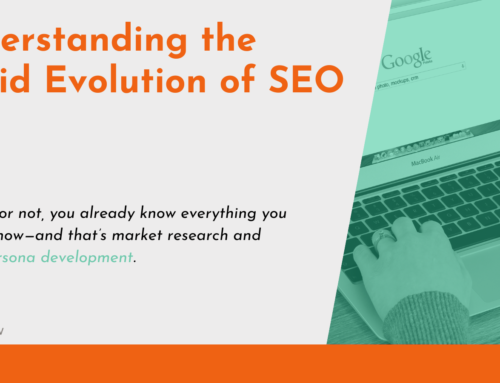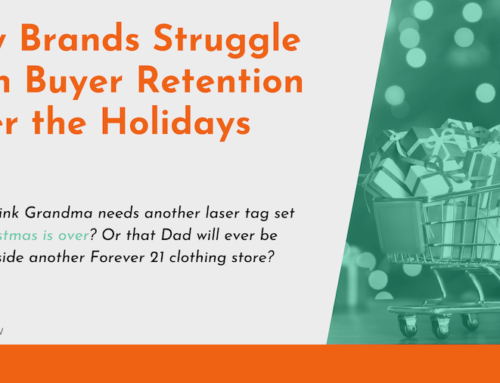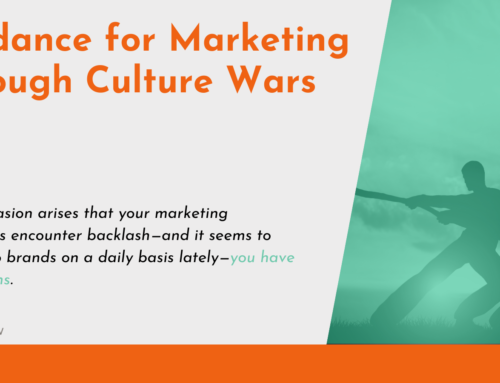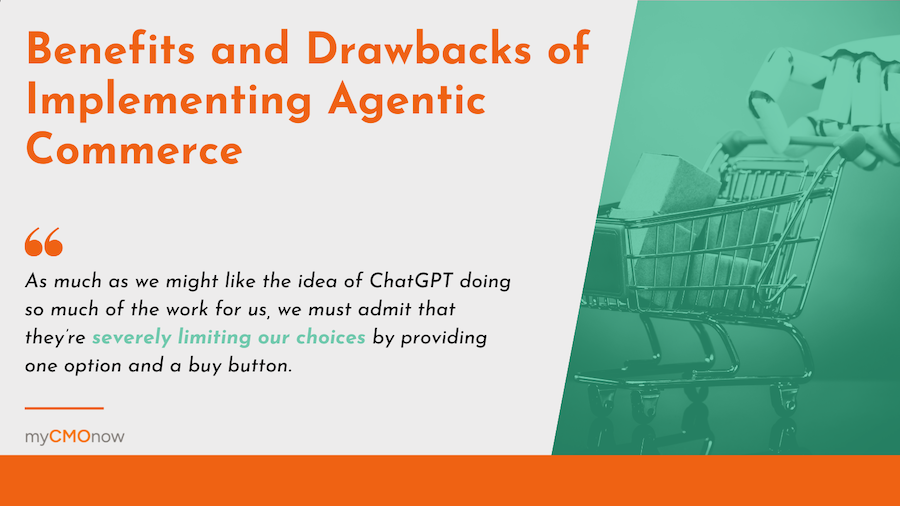
In commerce, whether in physical stores or online, the easier it is to make a purchase, the more likely you are to make a sale. And making purchasing easier means removing any friction that might slow or stop the act of buying.
Almost every innovation and improvement in marketing has been to remove friction: first adding ecommerce to brick-and-mortar options, then streamlining advertising to lead buyers from the ad straight to the product on the website, and then implementing online wallets for one-click buying. Well, there were thousands of smaller improvements in between these, of course.
Eliminating the Remaining Friction
One major piece of friction that remains, however, is the decision-making process. Buyers must discover a need, research the solution, and then search for products. Agentic commerce works to eliminate this friction, too. The latest partnership between Walmart and ChatGPT allows consumers to research their solutions and receive immediate product recommendations with the ability to purchase right there in ChatGPT.
For instance, if you request a healthy dinner idea for four people, Walmart will return all ingredients necessary for a specific dish of its choosing. All you have to do is click the buy button.
Sounds amazing, right?
Blurring the Lines of Choice and Consent
As much as we might like the idea of ChatGPT doing so much of the work for us, we must admit that they’re severely limiting our choices by providing one option and a buy button. Buyers using this option have no idea if they’re choosing the product with the lowest price, if the product comes from a reliable provider, or, in the case of the dinner for four example used above, if you’re allergic to the products it suggests.
Of course, the more you tell AI about your wants and needs, the more it learns, but do you know where that information goes? Do you know who is gathering the data on your searches and choices? How much money could you have saved by doing just a little more research on the products you need rather than immediately buying ChatGPT’s recommendation?
Without providing this information, AI essentially strips buyers of their ability to make informed decisions, removing their right to choice and consent.
Ethical Agentic Commerce Implementation
Does all this mean you shouldn’t pursue agentic commerce for your brand? Of course not. As with any AI use, you just need to make sure the human touch remains. Consider your buyers at all steps of implementation and use, providing transparency and security, and you’ll be on the right track. What does this look like?
Explain Why a Product Is Promoted
Point out the features of the promoted product and how they match the needs expressed in their initial request. List any potential drawbacks, such as ways the product may not suit their needs and why.
Provide Additional Options
Some products may not meet very specific prompts but could still fit the needs of the buyer. After showing the products that best meet their needs, consider offering other options with the features listed as well.
Clarify Liability for Accountability
Explain who is at fault if a product does not satisfy the customer. If the product doesn’t match the prompt but is purchased anyway, does that fall on the shoulders of the buyer or the AI agent? If the product is defective or rotten, is that the fault of the AI agent or the seller?
Explain How Data Is Stored
As much as buyers crave personalized experiences online, they’re just as wary with their personal information. Let them know how you plan to use the information they provide your AI agents, how you plan to store it, and who will have access to it. You can also provide a neutral option that does not use personalization at all.
Preparing for a Regulated Future
As of now, three separate agencies regulate AI commerce in the United States: the FTC for advertising, CFPB for purchases, and the FCC for speech. The fragmented nature of regulation leads to a lack of accountability for many. By providing transparency and accountability with your agentic commerce, you’ll be ahead of the game once regulations catch up with innovation.
Truly prepared CMOs and fractional CMOs will be aware of the benefits and drawbacks of agentic commerce, and they will prepare accordingly for both the present and the future. If you’d like to learn more about how this incredible innovation could change the way you do business, reach out when you’re ready.

